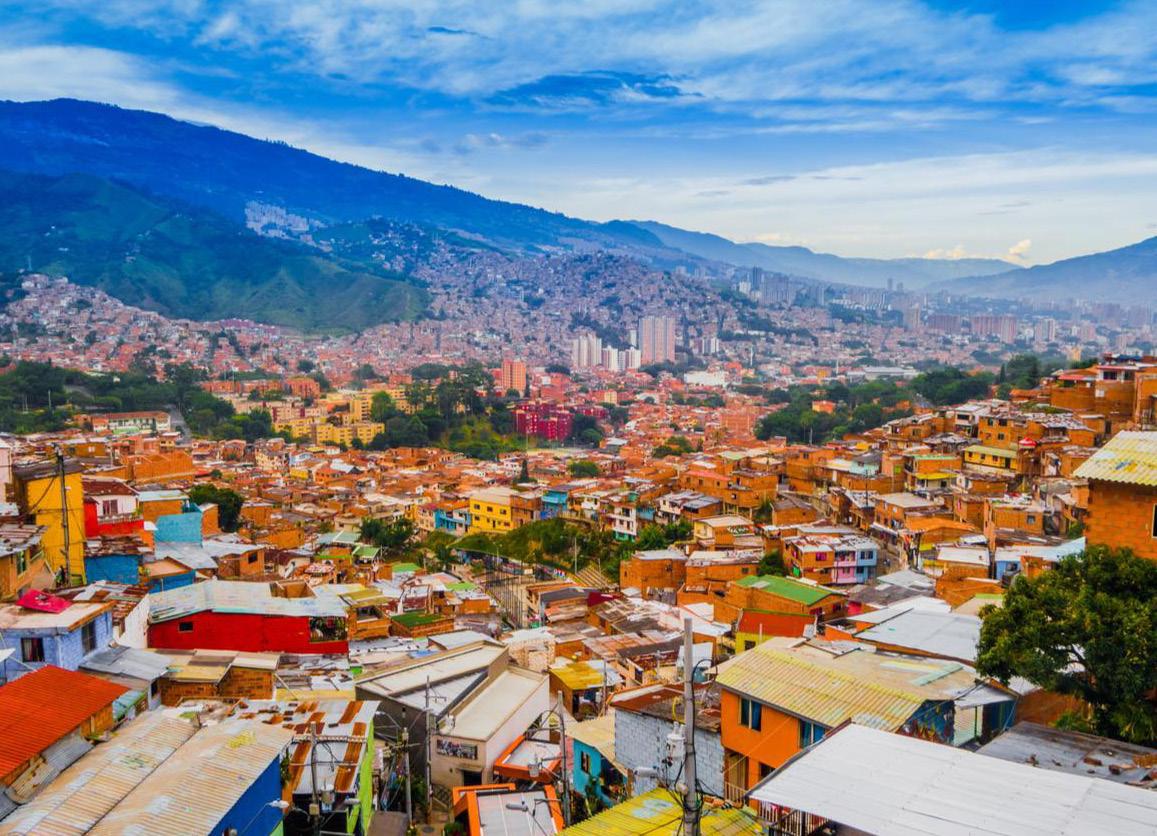
1 minute read
A tale of many cities
For decades, informal settlements in South America have been a conflicted site for policymakers to address; rarely wanting to legitimize them with transportation, electricity grids or running water. Our selected case studies based in Brazil, Colombia and Uruguay present a range of urban interventions that span from transportation systems, such as the TransMilenio, to upgrading social housing projects like the MCMV project. These works mark a critical shift in urban policy where architecture is not being used as a market tool, but rather as a way to express the political intention of municipal programmes. The most evident link between all these interventions is infrastructure. They are all rooted in a civic movement where politicians, architects and captains of industry co-operate to achieve a common goal; one in which gave these cities a new image through new symbolic references. Rather than the architect acting as the hegemon, it is social urbanism which mitigates the problems of inequality and segregation; turning cities like Medellin and Rio into permeable and desirable cities. The following pages outline our selected case studies in more depth.
Contributors
Advertisement










